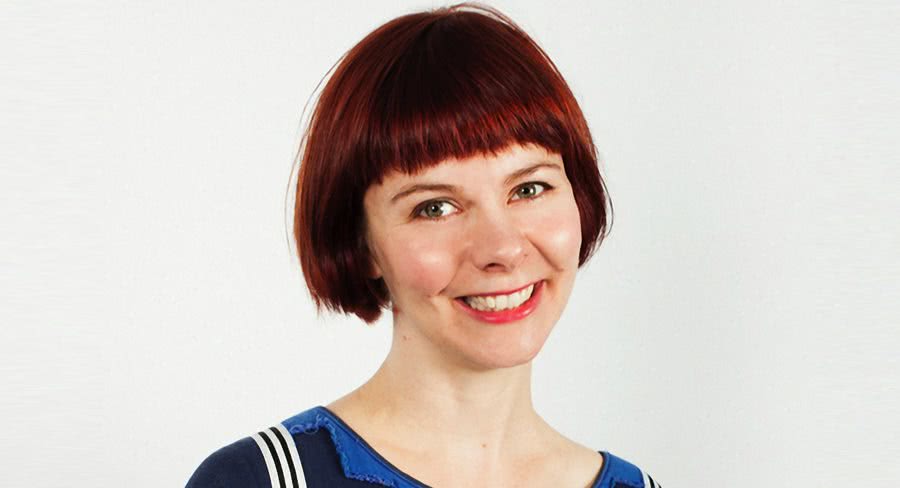Why aren’t music degree graduate statistics translating into diverse workplaces?

Many discussions were had about the state of affairs for women in the music industry this past week at this year’s inaugural AWMAs.
Kicking off the discussion for Day Two was the QUT sponsored “The Future is Female & Digital” forum facilitated by AWMA’s co-founder Tracee Hutchison which explored where we as an industry are falling short when it comes to the invitation of women of diverse backgrounds into jobs and positions of power.
:: Day One: Australian Women in Music conference
It was posed at the beginning of the forum that through technology, women – and especially First Nations peoples – are now being invited to participate in all parts of the industry.
“It’s not that women aren’t being invited, it’s why women aren’t joining”, QUT Lecturer Dr Kristina Kelman expressed.
The forum also explored the role of music education and the correlation between the focus on education and the effect it has on gender balance within the industry.
The university sector is seeing graduate statistics of about 47% Female to 53% Male students graduate from a degree in music yearly, yet we’re not seeing those numbers translate into diverse workspaces due to the tenure of higher level positions and the shortcomings of HR departments hiring endeavours.

QUT Lecturer Dr Kristina Kelman
The forum did acknowledge that the digital space is creating a space for connection, mobilising First Nations people and not in a #woke sense, but in an actual disruption sense.
Kelman expressed it best. She said digital platforms are pivotal in letting people become their own gatekeepers, which is especially important for marginalised artists in the industry who might not get the chance to express themselves as freely in any other setting.
Double J Content Director Meagan Loader credits the Triple J Unearthed platform as a catalyst to changing the landscape for artists who may be overlooked by the traditional models of A&R scouting and development.
:: Australian Women in Music Awards winners
In terms of accessibility, all though hotly debated as being somewhat of a monopoly when it comes to breaking new artists which is seen by some as restricting, the Triple J Unearthed platform has shifted the dynamic and the control that record labels have traditionally have over which artists are breaking.

Double J Content Director Meagan Loader
The forum concluded that in order to see real change, the workplace gender balance will need to even out. It was also said that women will also need to hold and lead in those higher power positions of the industry to see the inclusive future we are all envisioning.
Nina Spannari, the head of Digital Marketing for Canon Consumer Imaging summed it up nicely with her ‘be the change’ sentiment – “Something that I realised recently after all this time is that I am a woman in a leadership position and it kind of snuck up on me”.
Nina noted some of the gaps of where we are as an industry are lacking but stated that as long as we’re working toward the greater good and making unbiased business decisions, the effects will play out in the wider community of Australian artists.
This article originally appeared on The Industry Observer, which is now part of The Music Network.






























